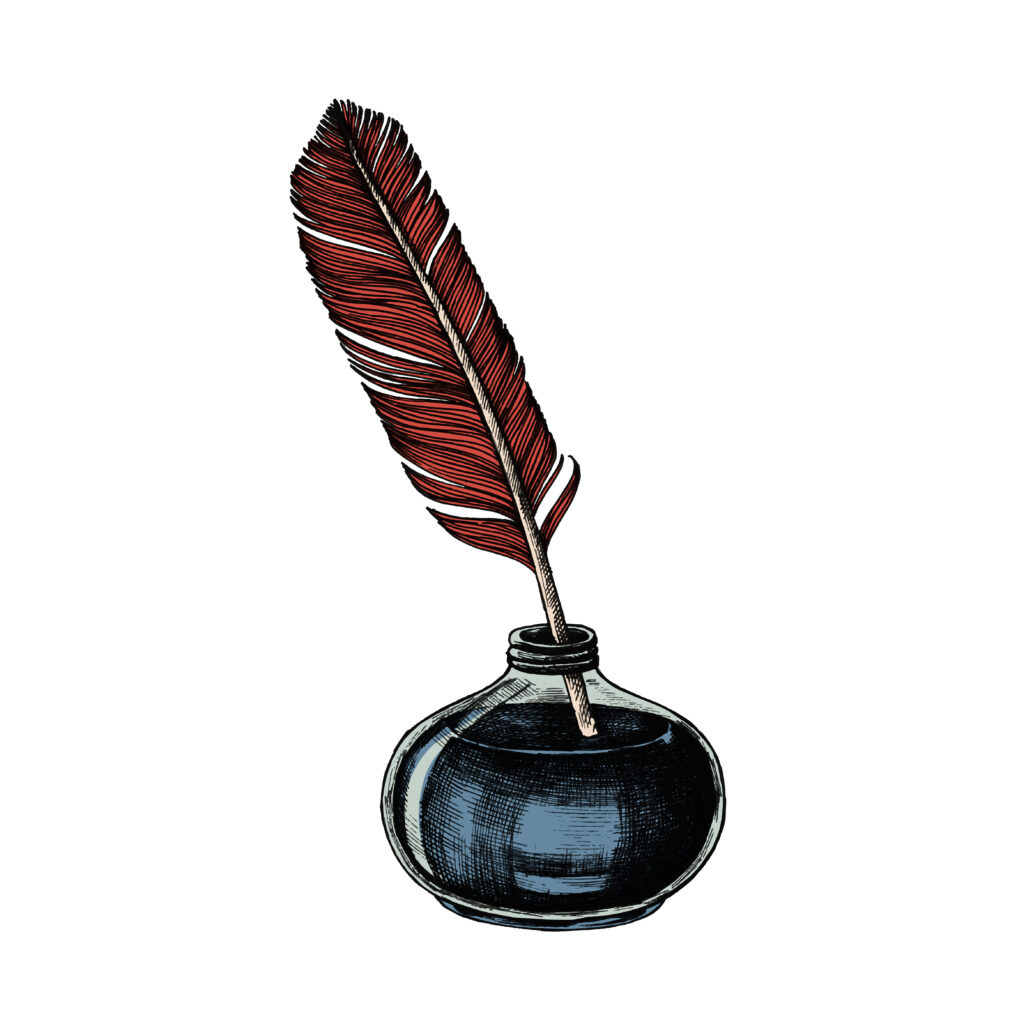The Gutenberg Bible | A Revolution in Ink
The Genesis of a Masterpiece
In the heart of 15th-century Mainz, a city tainted by corruption and feuds, a young and ambitious scribe named Peter Schoeffer is called back from Paris by his foster father, Johann Fust, a wealthy bookseller. Upon his return, Peter is faced with a daunting task that could change the course of his future. Fust introduces Peter to Johann Gutenberg, an inventor with a groundbreaking vision that challenges the very foundations of bookmaking. Gutenberg has engineered a machine unlike any other: a printing press. Fust, the financier behind this venture, mandates Peter to apprentice under Gutenberg. This requirement pushes Peter to seek help, murmuring to himself, “I need to do my homework on this revolutionary technology,” thus beginning Peter’s reluctant journey from a respected scribe to a pioneer in the “darkest art” of printing. This pivotal moment marks the start of an era where knowledge becomes more accessible, forever altering the landscape of literature and learning.
The Clash of Ideals
Peter’s journey is one of transformation and conflict, navigating the tumultuous waters between the old and the new. The initial resentment Peter feels for having to forsake his prestigious career as a scribe slowly morphs into admiration for Gutenberg’s genius and dedication to their project: the creation of copies of the Holy Bible. However, their revolutionary endeavor is fraught with mechanical challenges and the formidable opposition of the Catholic Church, presenting a relentless barrage of obstacles that threaten their mission. There is a lot of research covered on this topic, especially by the services where you can easily find essays for sale.




A Battle Against Time
The venture into printing is not just a technological challenge but a deeply personal struggle for Peter and his comrades. They find themselves at the mercy of not just the Church’s might but also the volatile dynamics of ambition, loyalty, and the pursuit of greatness. The narrative captures the essence of a pivotal moment in history—a battle that could change the course of human knowledge and expression, pushing Peter to reconcile the divergent paths of genius and commerce. Coursework writing services are particularly beneficial for academic projects focusing on historical and cultural topics like The Gutenberg Bible | Ink and Ingenuity. These services offer expert help in researching and writing about the Gutenberg Bible, highlighting its revolutionary impact on printing, literature, and society. This includes exploring the technical innovations of Gutenberg’s printing press and the profound cultural shifts initiated by the mass production of books.


The Legacy of Gutenberg
The creation of the guttenberg bible stands as a monumental testament to human ingenuity and the relentless pursuit of progress. This narrative does more than just recount the technical achievements of Johann Gutenberg and his team; it delves into the emotional and societal impacts of their work, presenting a richly imagined and emotionally charged account of one of the most significant events in Western history. As Peter Schoeffer grows from a skilled scribe to a master printer, the story of the Gutenberg Bible and gutenberg books unfolds as a spectacularly convincing account of a revolution that redefined the future of the printed word.
The journey from quill to press encapsulates a broader story of innovation, resistance, and the unyielding human spirit. The Gutenberg Bible, with its profound significance and astronomical value, represents not just a milestone in printing technology but a beacon of the transformative power of knowledge. As we reflect on the legacies of Gutenberg, Fust, and Schoeffer, we are reminded of the enduring value of the printed word and the relentless pursuit of enlightenment and progress that continues to shape our world.